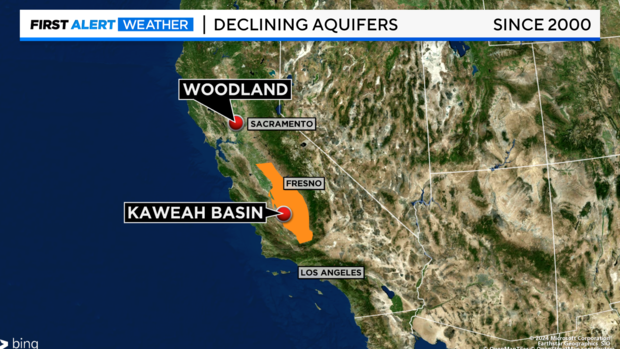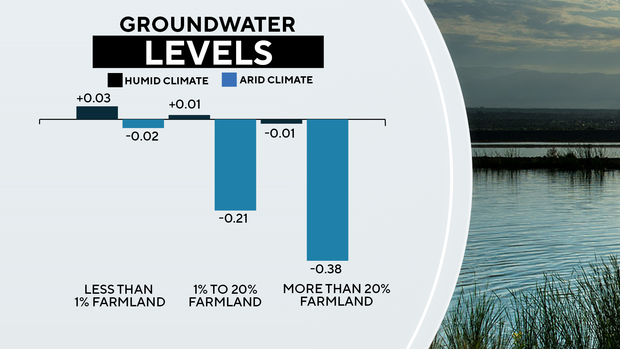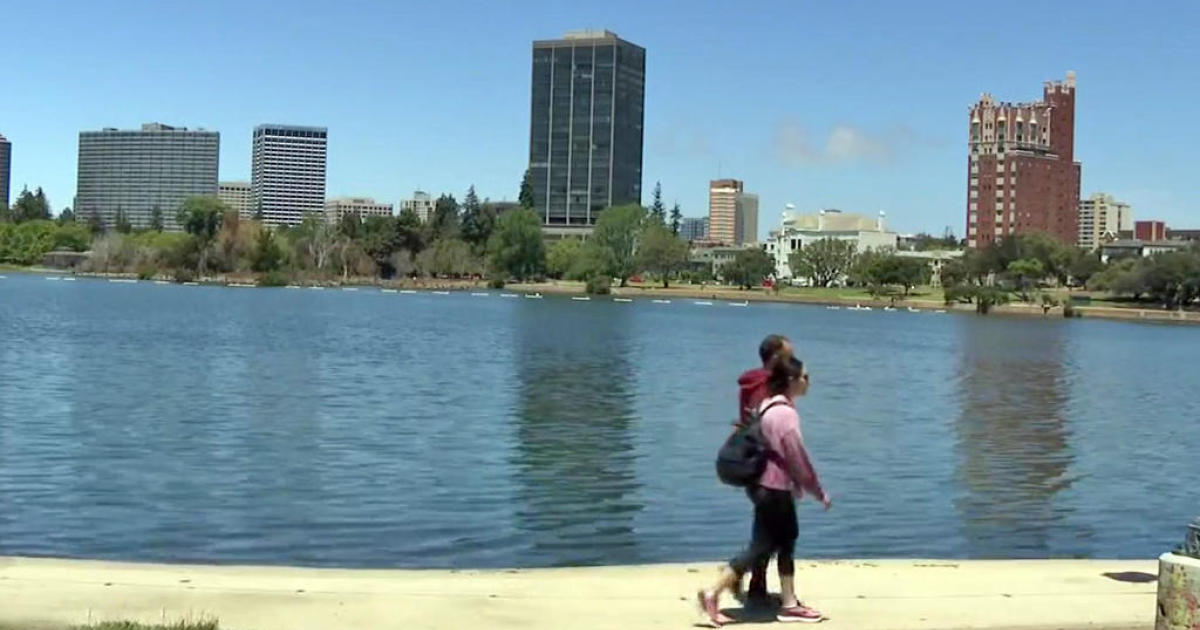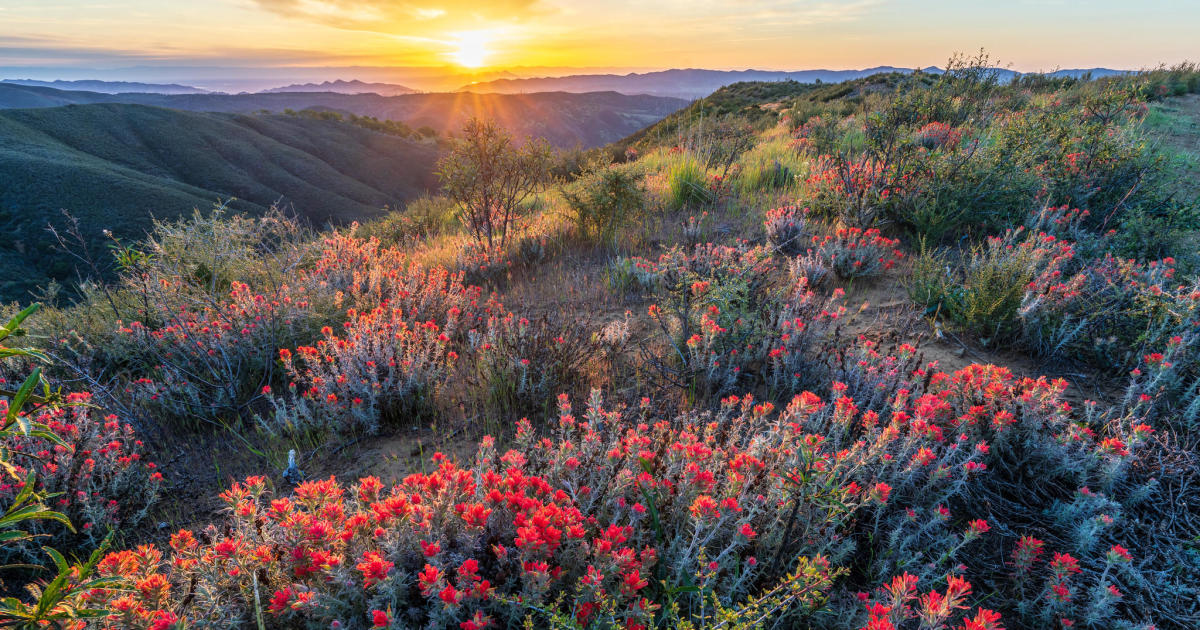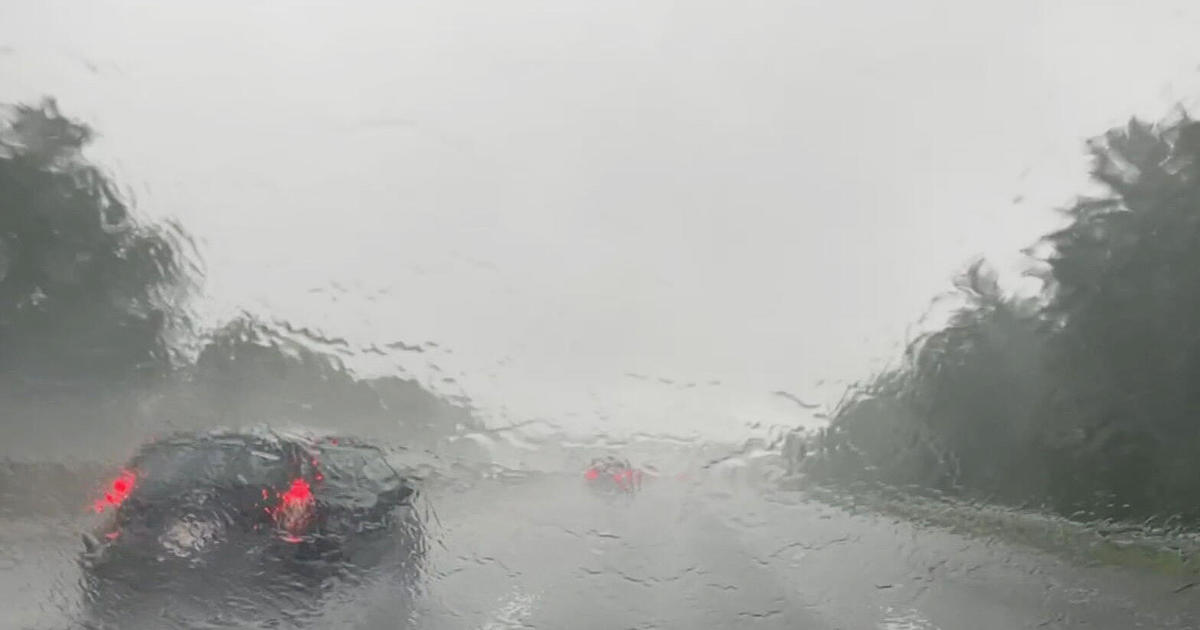Groundwater levels are starting to decline across portions of California; here's the areas of highest risk
SACRAMENTO - Groundwater levels are on the decline worldwide and one of the areas seeing the biggest change is right here in our own backyard.
A study in Journal Nature found groundwater levels are decreasing from the Sacramento Valley to the Central Valley at a rapid pace over the last four decades.
Scott Jasechko, co-author of the study and assistant professor of water resources with the Bren School of Environmental Science & Management at UC Santa Barbara, said he and his colleagues analyzed measurements from over 170,000 wells in more than 40 countries.
"If we continue doing what we are doing, things may get worse before they get better," Jasechko said.
The study showed that parts of California have some of the fastest declining aquifer levels in the world. Areas south of Stanislaus County through portions of Southern California in the Kaweah Basin and in the Colusa Basin near Woodland are some of the places on the list.
"On the west side of the Sacramento Valley, there are places where the groundwater levels are declining at two feet per year. There are places in Iran where the levels are dropping of up to 10 feet per year. So there's some worrying declines," Jasechko said.
Jasechko and his colleagues found that areas with a warmer climate and more agriculture are losing their water faster.
"It's a dry climate naturally, were relying on groundwater and those aquifers are clearly not being replenished fast enough to keep up with pumping," Jasechko said.
Many areas over-pumping groundwater to irrigate farmlands to keep up with warmer weather. This taking a toll on aquifers that hold reserve water as more regions face changing conditions with climate change.
Jasechko said that lower levels of groundwater could bring future issues to farming and water supply.
"It can cause streams to start leaking into the subsurface we can also see land surfaces to start sinking we can see wells running dry and in fact, we are already seeing that in parts of the Central Valley," Jasechko said.
But there are solutions to the problem. Jasechko said many areas need to start implementing policies on groundwater and think of ways of refilling aquifers.
"We can try to intentionally replenish our aquifers. It's a process called manage aquifer recharge and often takes the form of a leaky lake that soaks into the ground. We can also think of trying to find alternative water supplies that can substitute in for groundwater," Jasechko said.
He hopes getting the word out now will help spread information about solutions before the problem worsens.
"Nobody wants to see groundwater depletion, including the irrigators in California's Central Valley that produce so much of the nation's food. So we have to find ways to come together and solve this problem," Jasechko said.
